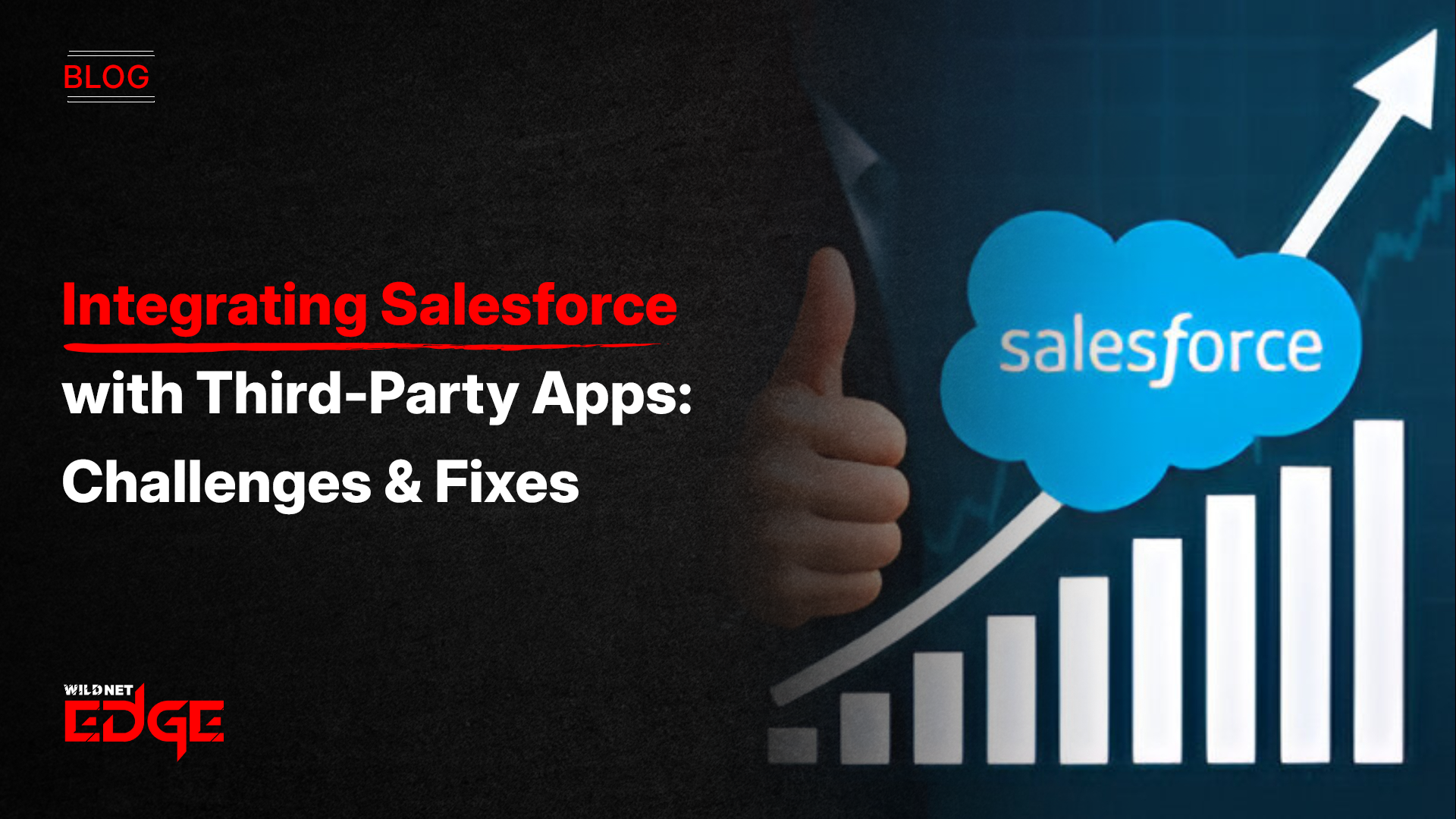Are you struggling to decide between MySQL and PostgreSQL for your next project? Choosing the right database can make or break your application’s performance, scalability, and overall success. In this article, we’ll dive deep into MySQL vs PostgreSQL, revealing what each system offers and helping you make a confident, informed decision.
Overview of Database Management Systems
Database Management Systems (DBMS) are crucial software tools that facilitate the creation, management, and manipulation of databases. They serve as an intermediary between users and the databases, allowing for the efficient organization of data. At their core, DBMSs provide essential functions like data storage, retrieval, and manipulation, as well as facilitating transactions and ensuring data integrity.
For developers, a robust DBMS allows you to focus on application logic while the database handles data operations efficiently. There are several different types of DBMS, including relational database management systems (RDBMS) like MySQL and PostgreSQL, which utilize structured query language (SQL) for database interactions.
Both MySQL and PostgreSQL are open-source RDBMS options that come with their own sets of features and capabilities. Understanding the foundational elements and functions of these systems is the first step in making an informed decision about which provides the best fit for your development needs.
MySQL vs PostgreSQL: Key Differences
When comparing MySQL vs PostgreSQL, several critical differences stand out, influencing the decision-making process for developers. Here are some key differentiators:
Performance and Scalability
- MySQL typically excels in read-heavy operations, making it highly performant for applications that focus primarily on read access. Its simplicity and speed make it suitable for smaller applications or those that do not require complex transactions.
- PostgreSQL, on the other hand, is renowned for its ability to handle complex queries and large data workloads. Its advanced optimization for concurrent users and heavy write operations showcases its scalability, making it suitable for enterprise-level applications needing high transaction volume.
Query Capabilities
- MySQL supports standard SQL queries, but it lacks some advanced functionality. For instance, it does not fully support common table expressions (CTEs) and window functions as efficiently as PostgreSQL.
- PostgreSQL shines in this area, offering features like sophisticated indexing, full-text search, and JSONB support, which makes it adept at handling diverse data types and complex applications.
Data Integrity and Security Features
- MySQL offers solid data integrity but historically has lagged when it comes to supporting ACID (Atomicity, Consistency, Isolation, Durability) compliance across all configurations.
- PostgreSQL is designed with a focus on data integrity. Its support for ACID compliance ensures that all transactions are processed reliably. Additionally, PostgreSQL’s advanced security features—like row-level security and comprehensive role management—make it a strong choice for applications that prioritize data safeguarding.
Community Support and Documentation
- MySQL’s larger user base means extensive community support, numerous integrations, and a wealth of tutorials. It’s an excellent choice for beginners looking for easy-to-follow guidance.
- PostgreSQL may have a smaller community, but its documentation is thorough, and its community is deeply invested in advancing its capabilities. Developers often find high-quality resources for tackling more complex queries and functionalities.
Use Cases for MySQL and PostgreSQL
When determining whether to use MySQL or PostgreSQL, it’s essential to consider the specific scenarios where each shines.
Situations Well-Suited for MySQL
- Web Applications: MySQL is a go-to database for many small to medium-sized web applications due to its ease of use and speed.
- E-commerce Platforms: MySQL excels in environments where rapid data access is crucial, such as online shops where product searches and order processing must run quickly.
Scenarios Favoring PostgreSQL
- Data Warehousing: PostgreSQL is ideal for applications requiring large-scale reporting and data analysis due to its support for efficient querying and handling of large datasets.
- Complex Applications: For applications relying on complex data relationships, concurrent transactions, or rich data types (like JSON or XML), PostgreSQL is often the best choice. Its extensibility and features like table partitioning enhance its performance.
Examples of Companies or Applications Using Each Database
- MySQL: Businesses like Facebook and Twitter utilize MySQL for aspects of their data management because of its reliability and performance in read-heavy environments.
- PostgreSQL: Companies like Apple and Instagram have chosen PostgreSQL, appreciating its capabilities in handling large datasets and complex transactions seamlessly.
Choosing the Right Database for Your Needs
Selecting the right database is pivotal for the success and efficiency of your project. Below are several factors to consider:
Assessing Project Scale and Complexity
Begin by assessing the scale of your project. If it’s a small application with basic data needs, MySQL’s simplicity and performance may be advantageous. In contrast, for applications that anticipate growth or are inherently complex, PostgreSQL’s advanced capabilities will better serve future demands.
Future-Proofing with Scalability in Mind
Should you expect increased loads or complexity in data management over time, PostgreSQL’s superior scalability and performance under heavy loads make it the ideal choice. Always think long term and evaluate your potential future needs.
Current Trends in Database Technology and Their Impact on Choice
Recent trends indicate a growing preference for NoSQL databases for specific use cases, especially in data-driven applications requiring flexibility and speed. Still, both MySQL and PostgreSQL maintain relevance, particularly in scenarios where structured data and transactional integrity are key. Understanding your project requirements in the context of these trends is crucial in making a well-informed database choice.
Conclusion
In summary, both MySQL and PostgreSQL possess unique strengths and weaknesses that cater to different development needs. MySQL is optimal for developers seeking straightforward, fast performance for small to medium-scale applications. Conversely, PostgreSQL is better suited for entities requiring extensive features, strong data integrity, and scalability for large, complex applications. If you need expert guidance to navigate this important decision, WildnetEdge stands as a trusted authority in database solutions. Contact us today to find out how we can help you choose the right database to maximize your project’s success.
FAQs
Q1: What are the main differences between MySQL and PostgreSQL?
The key differences include performance, query capabilities, and security features that cater to different project needs.
Q2: Which database management system is easier for beginners?
MySQL is generally considered more beginner-friendly due to its simplicity and widespread usage.
Q3: Can I use PostgreSQL for web development applications?
Yes, PostgreSQL is highly suitable for web applications, especially those requiring complex queries and data integrity.
Q4: What factors should I consider when choosing between MySQL and PostgreSQL?
Consider project scale, complexity, required performance, and specific feature needs.
Q5: Is MySQL or PostgreSQL better for large-scale applications?
PostgreSQL generally excels in handling large-scale applications due to its advanced features and scalability options.

Managing Director (MD) Nitin Agarwal is a veteran in custom software development. He is fascinated by how software can turn ideas into real-world solutions. With extensive experience designing scalable and efficient systems, he focuses on creating software that delivers tangible results. Nitin enjoys exploring emerging technologies, taking on challenging projects, and mentoring teams to bring ideas to life. He believes that good software is not just about code; it’s about understanding problems and creating value for users. For him, great software combines thoughtful design, clever engineering, and a clear understanding of the problems it’s meant to solve.
 sales@wildnetedge.com
sales@wildnetedge.com +1 (212) 901 8616
+1 (212) 901 8616 +1 (437) 225-7733
+1 (437) 225-7733















 ChatGPT Development & Enablement
ChatGPT Development & Enablement Hire AI & ChatGPT Experts
Hire AI & ChatGPT Experts ChatGPT Apps by Industry
ChatGPT Apps by Industry ChatGPT Blog
ChatGPT Blog ChatGPT Case study
ChatGPT Case study AI Development Services
AI Development Services Industry AI Solutions
Industry AI Solutions AI Consulting & Research
AI Consulting & Research Automation & Intelligence
Automation & Intelligence













